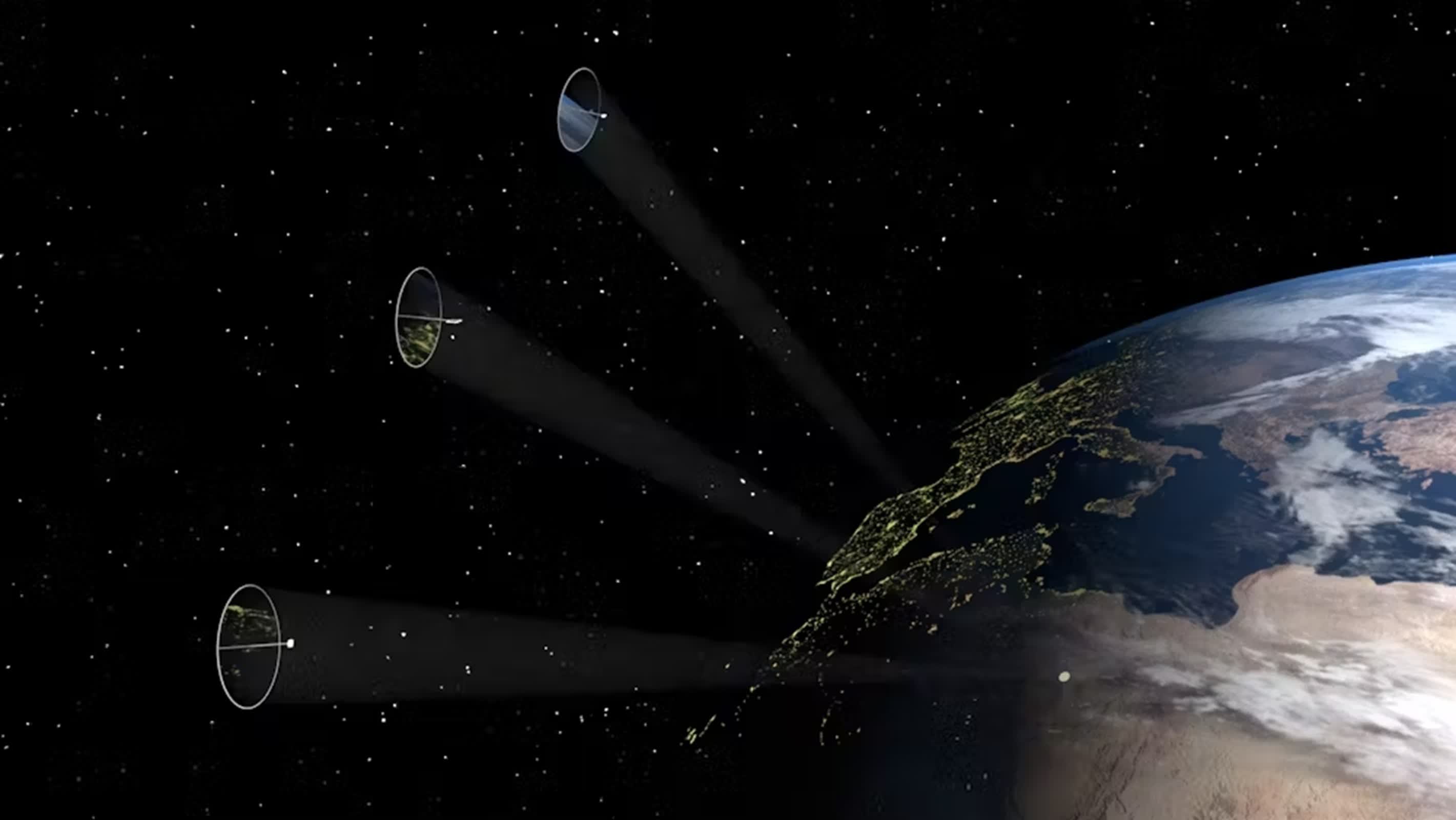Forward-looking: A California startup is looking to space to solve the limits of ground-based solar power. Reflect Orbital is developing a constellation of satellites with giant Mylar mirrors to beam sunlight back to Earth after dark – an idea that offers bold potential but faces steep engineering hurdles.

At the heart of Reflect Orbital's project are its Mylar mirrors. Each satellite will unfurl a 33-by-33-foot sheet of lightweight polyester film known for its durability and reflectivity. The satellites weigh about 35 pounds, making launches cheaper, and once in low Earth orbit, they'll aim sunlight at solar plants or other areas needing nighttime illumination.
Directing light from space with pinpoint accuracy requires serious technical skill. Each mirror must constantly adjust its attitude and orientation, using advanced control systems – likely reaction wheels or similar actuators – to track both the Sun and its Earth-bound target. Clients would specify locations online, and the system would redirect reflected sunlight accordingly. location online, after which the system directs the reflected sunlight accordingly.

The engineering hurdles remain daunting. Satellites must coordinate with the Sun's movement and Earth's rotation, constantly fine-tuning their aim to keep the reflected beam on a small target like a solar farm. Furthermore, cloud cover and atmospheric scattering can weaken the light before it even reaches the ground. Early tests with high-altitude balloons and smaller mirrors have shown promise, but scaling to full orbital deployment raises the difficulty dramatically.
Another challenge is the risk of adding to Earth's growing cloud of orbital debris. Reflect Orbital must follow strict disposal rules, ensuring it deorbits each satellite from orbit within 25 years of completing its mission or sooner.
The startup is also working to address potential light pollution and its impact on nighttime environments and astronomical observations. The company says it designed the mirrors so that only those within a narrow band near the targeted site would experience the additional illumination.
Reflect Orbital plans to launch up to 57 satellites at an altitude of 600 kilometers, aiming to build a network that delivers sunlight on demand. Though still in early development, the project has drawn keen interest and marks a significant step toward a new frontier in renewable energy.